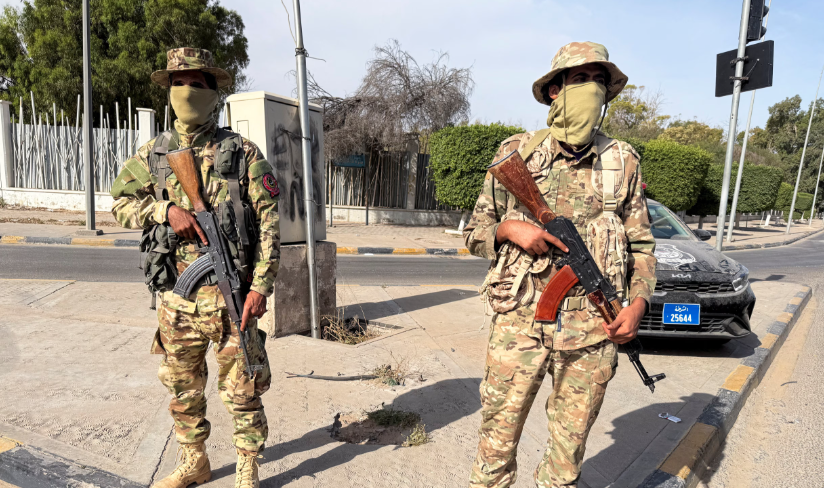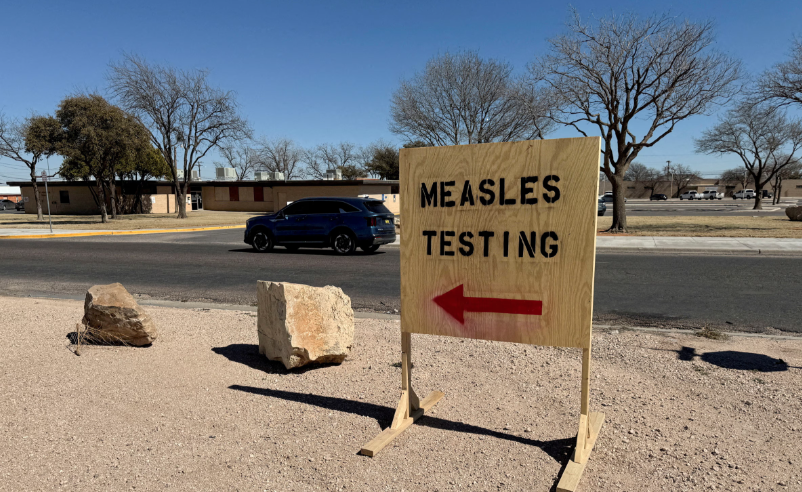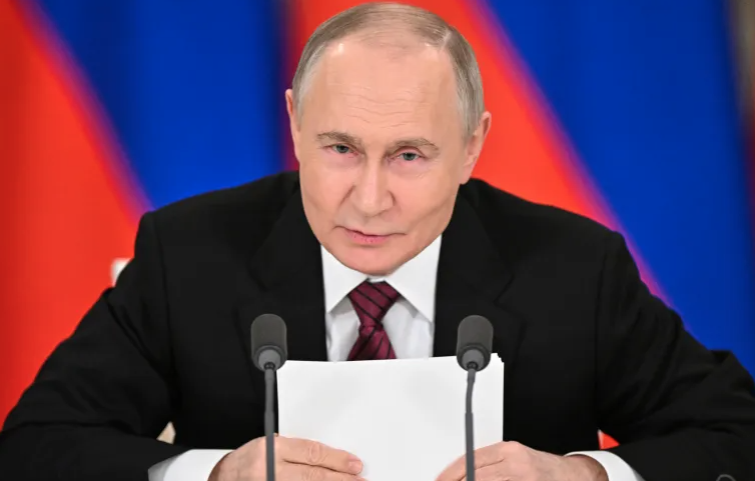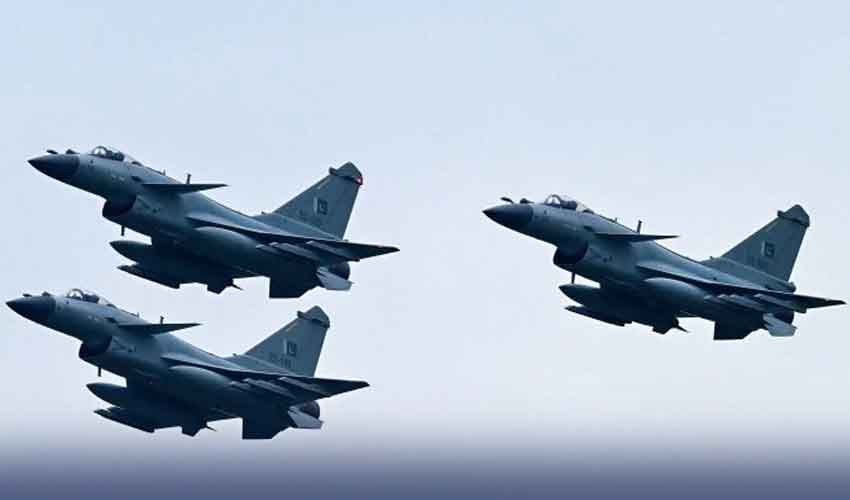WORLD NEWS
Trump Urges Syria to Normalise Relations with Israel During Meeting with President Sharaa in Saudi Arabia
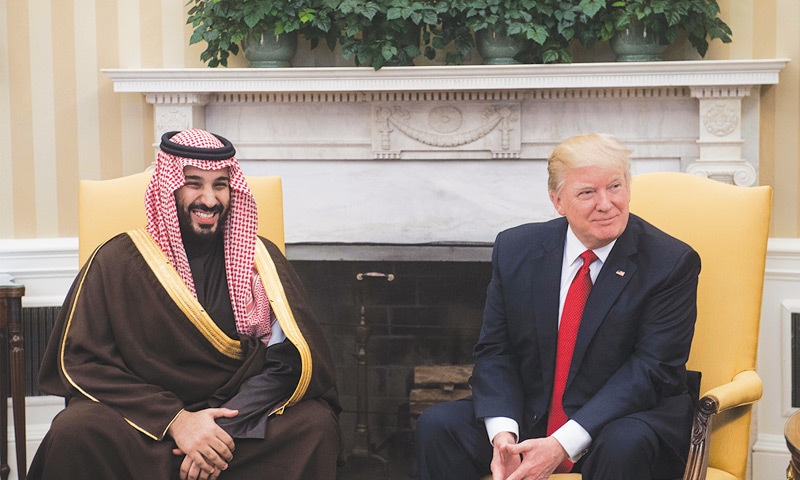
U.S. President Donald Trump met with Syrian President Ahmed al-Sharaa in Saudi Arabia on Wednesday, urging him to normalise relations with Israel as part of a broader push to stabilize the Middle East. The meeting comes on the heels of Trump's announcement that the United States would lift sanctions on Syria, signaling a major shift in U.S. foreign policy.
Trump, who is currently on a diplomatic trip to the Gulf region, met with Sharaa ahead of a U.S.-Gulf summit. The two leaders were photographed shaking hands in the presence of Saudi Crown Prince Mohammed bin Salman (MbS). Trump expressed optimism that Syria could eventually join the United Arab Emirates (UAE), Bahrain, and Morocco in establishing formal relations with Israel under the U.S.-brokered Abraham Accords, which began in 2020.
"I think they have to get themselves straightened up. I told him, 'I hope you're going to join when it’s straightened out,'" Trump said, referring to Sharaa’s government, which took power after toppling former President Bashar al-Assad. Despite Sharaa's past ties to extremist groups, including al Qaeda, Trump has indicated that Syria has "a real shot at holding it together."
The meeting, however, has raised concerns within Israel, as the country views Syria as one of its major adversaries in the region. Israel's leaders, including Prime Minister Benjamin Netanyahu, continue to oppose Syria’s Islamist-led government and remain wary of its ties to terrorist organizations. Despite this, Trump’s Gulf trip is seen as a way to strengthen U.S. relations across the region, including with Syria, and to enhance Israel’s strategic position.
Trump’s proposal to lift sanctions is part of a broader effort to integrate Syria into the Middle East’s evolving diplomatic landscape. The U.S. sanctions relief could help Syria recover economically, facilitating investments and humanitarian aid as the country works to rebuild after years of civil war. Saudi Arabia has also pledged support for Syria’s economic recovery, citing significant investment opportunities.
Israel, however, opposes the lifting of sanctions, citing ongoing security concerns, particularly regarding Syria’s proximity to Iran and the Islamist factions operating within its borders. Israel has escalated military strikes in Syria since Assad's government was toppled, specifically targeting Iranian assets and military installations.
In addition to discussing the future of Syria-Israel relations, Trump and Sharaa also touched on the fight against terrorism, with a focus on eliminating armed groups like the Islamic State that continue to threaten Syrian stability.
Trump’s Gulf trip also included major business deals, including a $600 billion investment commitment from Saudi Arabia to the United States and $142 billion in U.S. arms sales to the kingdom. The trip is seen as part of Trump’s broader strategy to solidify economic and diplomatic ties across the region.
The U.S. president’s visit to Qatar is also significant, marking the first visit by a U.S. president to the country in over two decades. In Doha, Trump and Qatar’s Emir Sheikh Tamim bin Hamad Al-Thani signed several agreements, including defense and aircraft deals, with Qatar Airways purchasing 160 Boeing jets for over $200 billion.
As the Middle East continues to navigate shifting alliances, Trump’s diplomatic outreach to Syria, Israel, and other regional players signals a new phase in U.S. foreign policy in the region.
